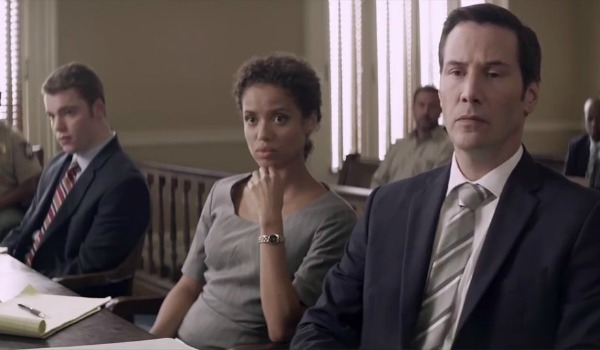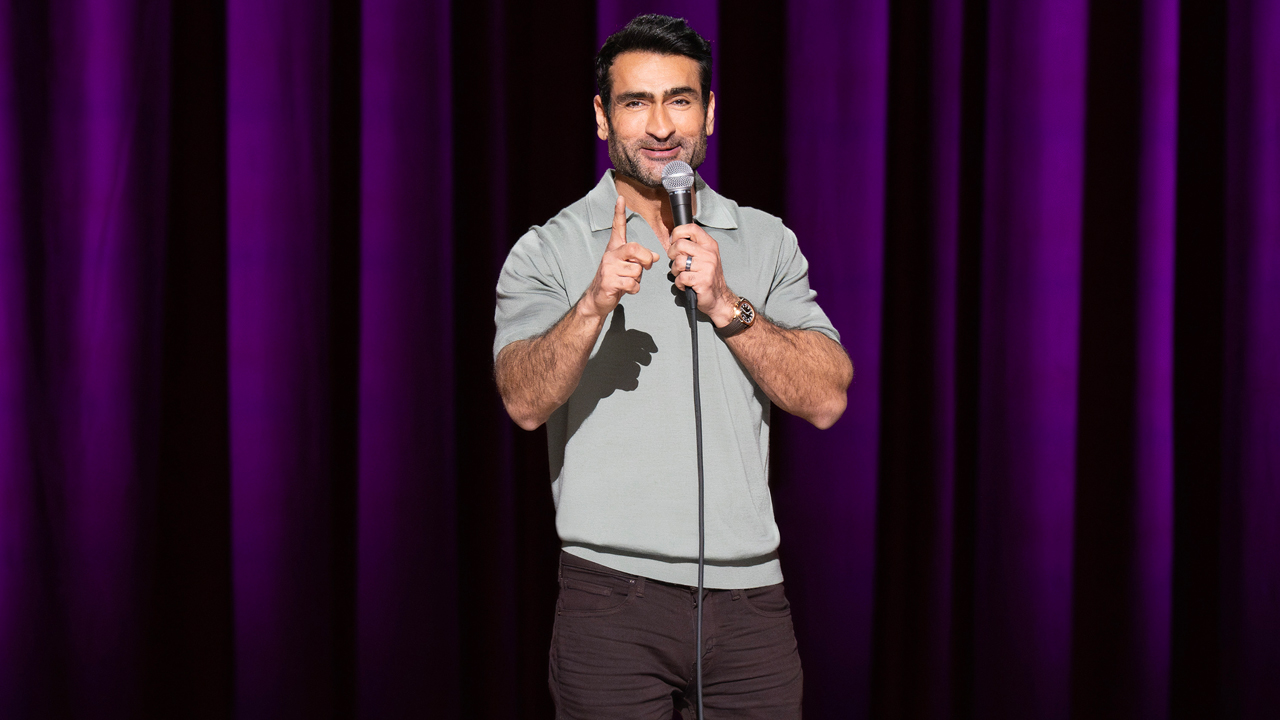With a cast that includes stalwarts Keanu Reeves and Renee Zellweger, as well as rising stars Gabriel Basso and Gugu Mbatha-Raw, you'd expect The Whole Truth to at least have something unique to say or be slightly compelling.
But instead, the court room drama limply proceeds without any tension or intrigue, dolling out either predictable, clichéd, or dumb twist and turns, while those that are unforeseen are presented in such an outlandish style that you'll be surprised when they're not joined by audible gasps and people fainting in the court.
The Whole Truth starts off with Keanu Reeves' Richard Ramsay, a defense attorney, lamenting about just how un-winnable his case is. On trial is 17-year-old Mike Lassiter (Gabriel Basso), who has been accused and has confessed to the murder of his own father, Boone Lassiter (Jim Belushi), but refuses to talk to either Reeves or his own mother, Loretta Lassiter (Renee Zellweger). In need of help, Richard Ramsay turns to a young lawyer Janelle (Gugu Mbatha-Raw). She has her own sketchy past, but is intent on proving herself and finding out what happened that fateful morning.
Director Courtney Hunt, whose debut feature Frozen River was one of the most powerful films of 2008, and even received two Academy Award for Best Actress (Melissa Leo) and Best Screenplay (Courtney Hunt), struggles to showcase her creative imprint with her follow-up. While Frozen River excelled, even creating poetry, out of its murky waters, The Whole Truth instead flounders in its uncertainty, which only produces the mundane. The overly bright visual palette, and underwhelming aesthetic, of The Whole Truth only adds to the increasing feeling that you're watching a glorified made for TV film, while its hackneyed plot feels like its been ripped straight from a court-room procedural and then slightly extended so it could be released in cinemas. Which in the wake of the likes of Making A Murderer and The People v. O.J. Simpson seems particularly flaccid.
What makes The Whole Truth even more frustrating is that was written by Nicholas Kazan, who was previously nominated for an Academy Award for the courtroom drama Reversal Of Fortune back in 1988. He is unable to come close to matching the complexity and depth of either his previous work or the classics of the genre. Instead he has a created a preposterously pale imitation, which is anchored by his underwhelming script. The Whole Truth's dialogue sounds too polished and forced, the sporadic use of Reeves as a narrator hammily tries to paper over the cracks, the back and forth structure is stale and corny, and its characters are ill-defined and hollow.
All of which, as you can probably guess, leaves The Whole Truth something of a mess. Only Gugu Mbatha-Raw, whose enthusiasm adds an energy that The Whole Truth doesn't deserve, comes out of the cast with her reputation intact. Zellweger seems disinterested, Reeves is wooden, while he was also never going to make a convincing lawyer, especially one that's able to outsmart his complacent opposition so easily, and Basso is mostly reduced to a stubborn, tedious mute.
Having wasted so much of your time with The Whole Truth you'll justifiably feel a need to find out how it ends. But its conclusion somehow conspires to even undermine the abject material that's gone before it. In fact, by the end of The Whole Truth you're not just aghast at why the likes of Reeves and Zellweger would sign up, but how it could get made in the first place. A misstep for everyone involved.
Your Daily Blend of Entertainment News


